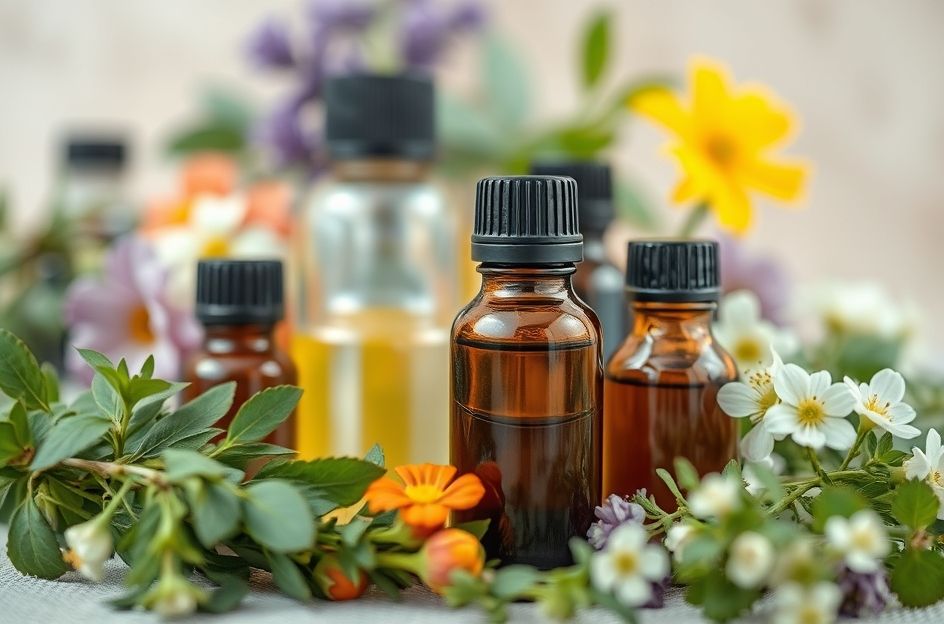Essential oils, the fragrant essence of flowers and plants, are more than just pleasing aromas. They contain plant hormones and other beneficial compounds, exhibiting remarkable effects even at low concentrations on plants, animals, and insects. This potency stems from their long history; plants have produced these oils for millennia, leading to a co-evolutionary relationship where animals have developed responses to them.
Today, essential oils are extracted primarily through expression, steam distillation, or solvent extraction. While solvent extraction can be less expensive, it may diminish the oil’s therapeutic properties, making steam distillation a preferred method. Steam distillation uses water and steam to gently release the oils from fresh or dried plants.
Historically, essential oils held significant value. Ancient civilizations like the Egyptians, Indians, and Romans prized them for perfumes and religious rituals. Egyptians even developed sophisticated machinery for oil extraction. Their precious nature led to names like ‘precious oils’ and ‘sacred oils’.
The therapeutic benefits of essential oils are now being rediscovered. A French chemist pioneered their use in treatment, coining the term ‘aromatherapy.’ Aromatherapy utilizes the positive effects of essential oils on human health. Their natural origin generally means fewer side effects, though sensitivities can occur.
Essential oils can alleviate anxiety, depression, fatigue, memory issues, headaches, and insomnia. Their rapid action is due to their ability to penetrate the skin and cell membranes. Importantly, some essential oils boost the body’s immunity. Discover more about essential oils and their applications.
